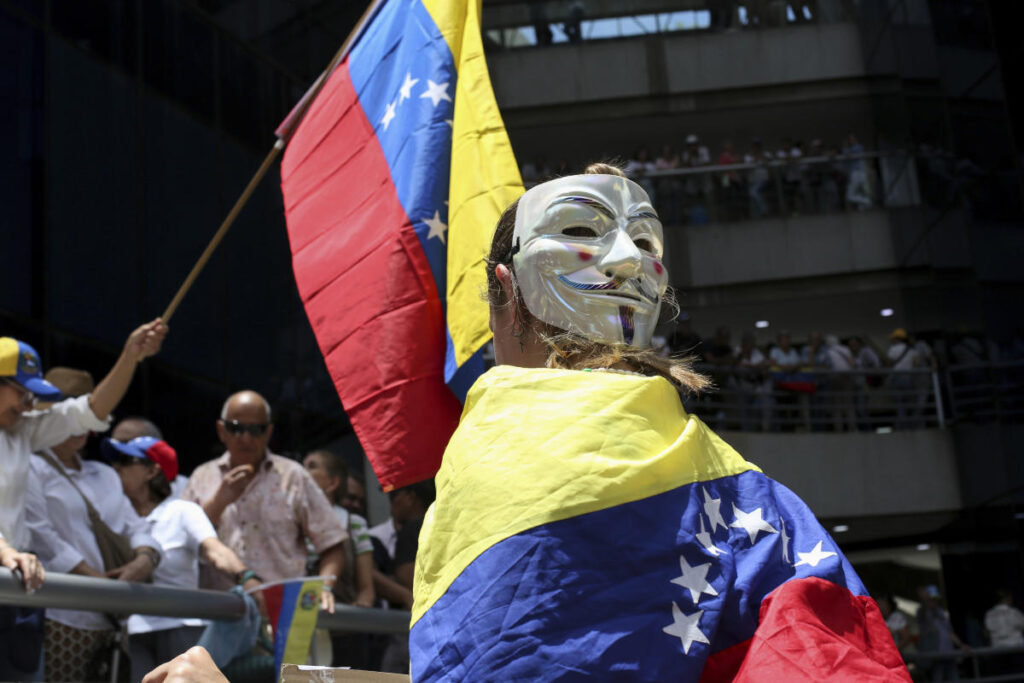Meta’s Oversight Board has ruled on the company’s content moderation policies in Venezuela, amid violent crackdowns and widespread protests following the country’s disputed presidential election. In its decision, the board said Facebook users who post about the state-backed armed groups known as “colectivos” should have greater freedom to say things like “kill the damn colectivos.”
The company has asked the Supervisory Board for advice for guidance on the issue last month, noting that moderators had seen an “influx” of “anti-colectivos content” in the aftermath of the election. Meta specifically asked for the board’s input on two posts: an Instagram post with the words “Go to hell! I hope they kill you all!” that Meta says was directed at the colectivos, and a Facebook post critical of Venezuela’s security forces that read “kill the damn colectivos.”
The Oversight Board said neither message violated Meta’s rules on calls to violence and that both should be interpreted as “aspirational statements” by citizens of a country where state-sponsored violence threatened free expression. “The targets of aspirational violence are state-sponsored forces that have contributed to the long-standing suppression of civic space and other human rights violations in Venezuela, including in the current post-election crisis,” the board wrote in its decision. “In contrast, the civilian population has largely been the target of human rights violations.”
The Oversight Board also criticized Meta’s practice of reducing the visibility of political content across its services. “The Board is also deeply concerned that in the Venezuela context, the company’s policy of reducing the dissemination of political content could undermine users’ ability to express political dissent and raise awareness about the situation in Venezuela in order to reach the broadest possible audience.” It recommended that Meta adjust its policies “to ensure that political content, particularly around elections and post-election protests, is eligible for the same reach as non-political content” during times of crisis.
The case is not the first time the board has weighed in on the debate over the role of political content on Meta’s apps. Earlier this year, the board accepted its first case involving a post on Wireswhich is also expected to influence Meta’s controversial decision to limit recommendations of political messages on the service. The board has yet to publish its decision in the case.







